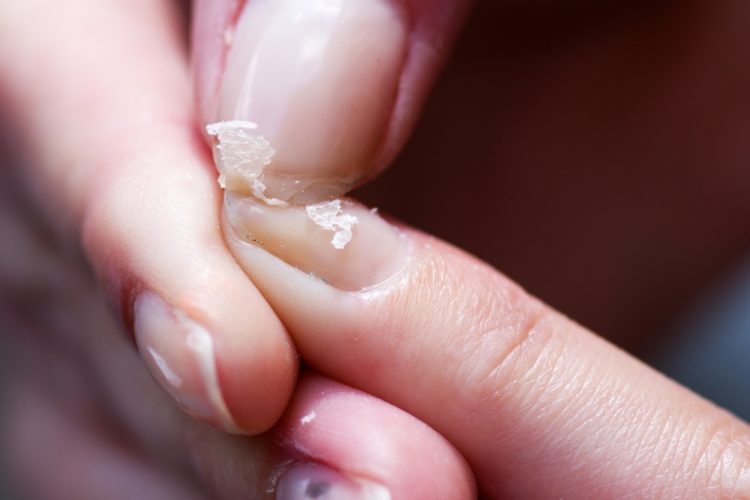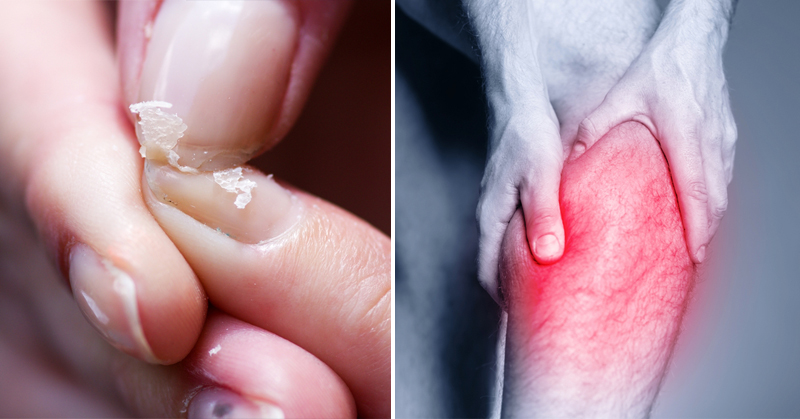You’ve probably seen the popular milk commercials your whole life. You know, the ones that tell you how important calcium is to build strong bones. You may have also heard it from your parents, your grandparents, your coaches, or your teachers. Despite this, nearly half of the world’s population suffers from calcium deficiency. (1)
Fortunately, milk isn’t the only source of calcium out there. In fact, there are much better sources you should consume.
But first, how much calcium does your body need? According to The National Institutes of Health, the Food and Nutrition Board recommends 1,000 mg for men and women ages 19-50. For women over the age of 51 and men over the age of 71, the recommended amount is 1,2000 mg each day. Of course, children during growth spurts need a relatively higher amount. (2)
When your body doesn’t have the right amount of nutrients it needs to stay healthy, things start to feel a little off. A calcium deficiency can be pretty dangerous. It can lead to cavities, memory loss, and even seizures in extreme cases. Recognize the symptoms of a calcium deficiency, so you can remedy the problem before it starts to seriously affect your health. (3)
Here are seven signs of a calcium deficiency:
1. Cavities
If your trip to the dentist doesn’t go so well, it might be a sign that you are calcium deficient. Cavities can be your body’s way of telling you that you’re low in calcium. When your body isn’t getting the amount it needs through your diet, it starts to pull calcium from wherever it can, including your teeth. (4)

2. Memory Loss
When your body isn’t getting the nutrients it needs, things can start going a little haywire. Calcium plays an important role in the release of neurotransmitters. As it also plays a role within neurons, a calcium deficiency can cause neurological symptoms such as confusion and memory loss. (5)
3. Peeling Nails
Your fingernails and toe nails store calcium just like your teeth and bones do. If you notice your nails are peeling – or are otherwise weak and unhealthy – then you may have a calcium deficiency. Adding more calcium to your diet will help strengthen your nails. (6)

4. Muscle Cramps Or Spasms
Calcium is also plays an important role in muscle contraction. If you’re experiencing muscle cramps or muscle spams, it may be due to low calcium levels. See also magnesium deficiency. (7)
5. Trouble Sleeping
Difficulty sleeping can arise from many health issues, including a calcium deficiency. Calcium helps produce the sleep hormone melatonin. In fact, when the body enters a deep sleep, calcium levels rise. If you find yourself tossing and turning, unable to reach a state of deep sleep, you may be low in calcium. (8, 9)

6. Tingling Or Numbness
Along with muscle cramps and muscle spasms, low calcium levels can have a negative effect on your nerve endings. A calcium deficiency may cause tingling or numbness in the hands and feet. (10)
7. Seizures
Your body needs calcium to help with muscle contractions and to keep neurotransmitters functioning properly. So if your body isn’t getting enough calcium, it may lead to seizures, even in someone who is perfectly healthy outside the calcium deficiency. (11)
If you follow a plant-based diet, you can still get your calcium intake each day. Here’s how:


